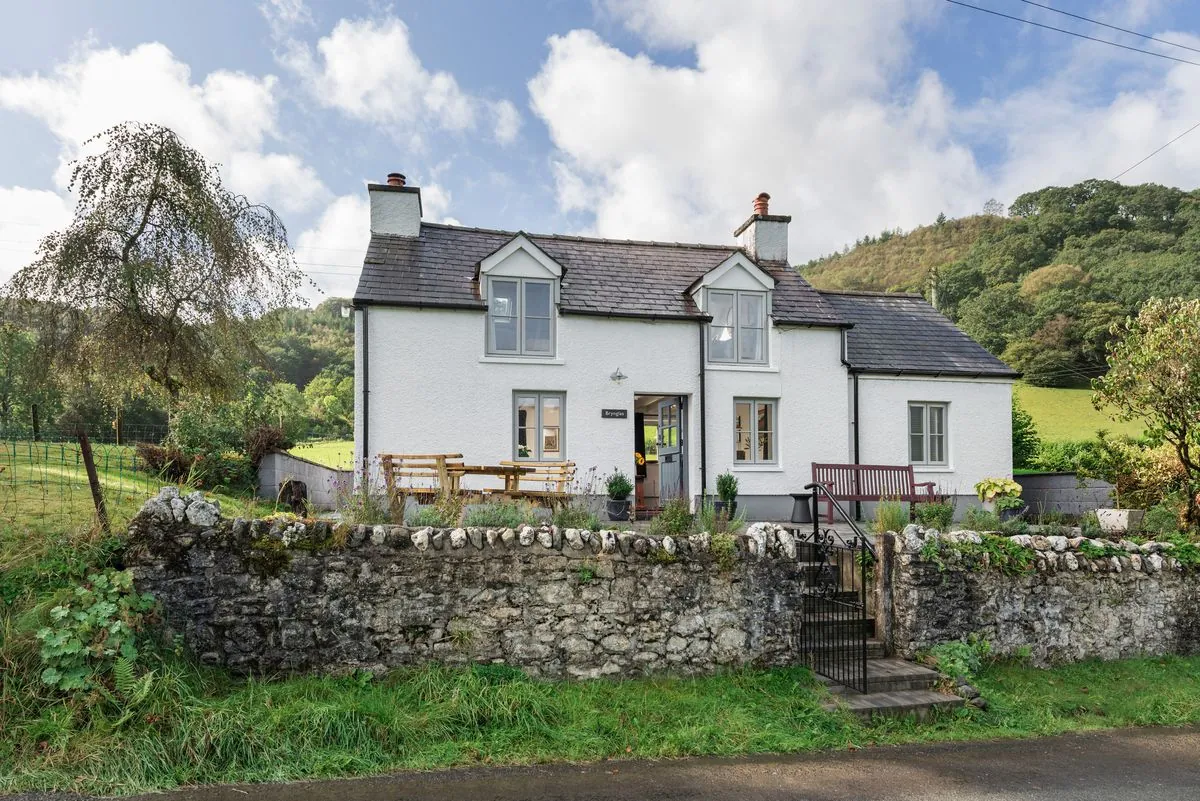Welsh Village Rejects Housing Plan to Preserve Language and Culture
Botwnnog, a small Welsh village, has voted against a new housing development, citing concerns about its impact on the Welsh language and local culture. The decision goes against official recommendations.

In a recent development, the village of Botwnnog in Gwynedd, North Wales, has taken a stand against a proposed housing estate, citing potential "significant harm" to the Welsh language and community fabric. The decision, made by Gwynedd County Council's planning committee, goes against the recommendations of its own planning officials.
Botwnnog, a rural settlement with fewer than 1,000 residents, is located in the Llŷn Peninsula, an Area of Outstanding Natural Beauty extending into the Irish Sea. The village boasts a strong Welsh-speaking population, with 75% of pupils in its two schools using Welsh at home. This linguistic landscape reflects the broader situation in Gwynedd, which has the highest proportion of Welsh speakers in Wales at 76%.
The controversial proposal involved constructing 18 affordable houses on farmland at the village's edge. Robert Williams, the applicant, argued that the development would make a "significant contribution to local housing need" with minimal impact on the Welsh language. However, village councillors expressed concerns about the potential influx of non-Welsh speakers.

Councillor Huw Rowlands stated, "If the wrong decision is made, it will have drastic consequences and it will be too late." This sentiment echoes the Welsh Government's ambitious target of reaching 1 million Welsh speakers by 2050, part of its "Cymraeg 2050" strategy aimed at creating a bilingual Wales.
The debate surrounding the Botwnnog housing development highlights the ongoing efforts to preserve the Welsh language, which has a rich history dating back to the 6th century. Despite being banned from schools and government use in the 16th century, Welsh experienced a revival in the 20th century. The Welsh Language Act 1993 gave it equal status with English in public life, and in 2011, it became an official language in Wales.
Councillor Gruff Williams defended the decision against accusations of racism, stating, "People say we are racists when we are trying to protect our language. It makes it difficult for people to stand up against these policies." This reflects the challenges faced by communities striving to maintain their linguistic and cultural identity in an increasingly globalized world.
The planning committee's vote was close, with seven councillors opposing the development and six supporting it. A "cooling off" period has been implemented until the next committee meeting on September 30, 2024, where a second vote will take place after planning officials address the objections raised.
This situation in Botwnnog is part of a broader context of language preservation efforts in Wales. The country has made significant strides in promoting the use of Welsh, including the establishment of Welsh-medium schools, the creation of the Welsh Language Commissioner in 2012, and the implementation of the Welsh Language (Wales) Measure 2011.
As the debate continues, it remains to be seen how Botwnnog and similar communities will balance the need for affordable housing with the preservation of their linguistic and cultural heritage. The outcome of this case could have far-reaching implications for language policy and community development across Wales.


































